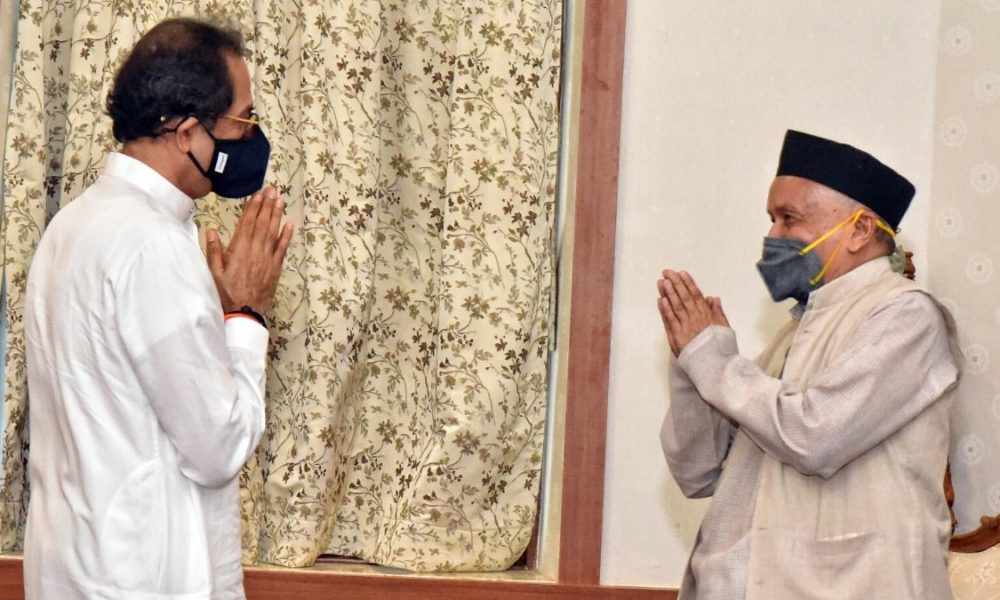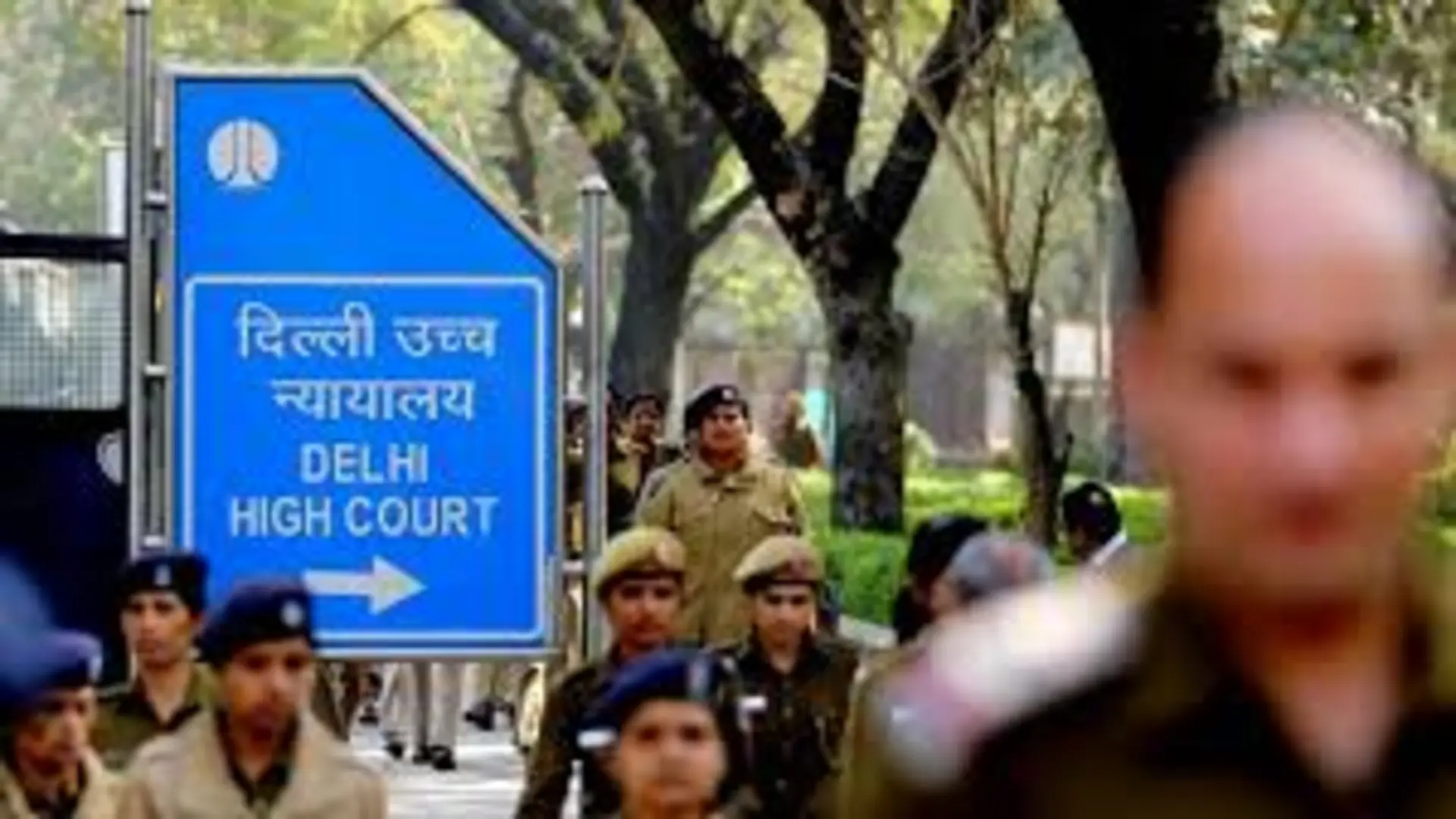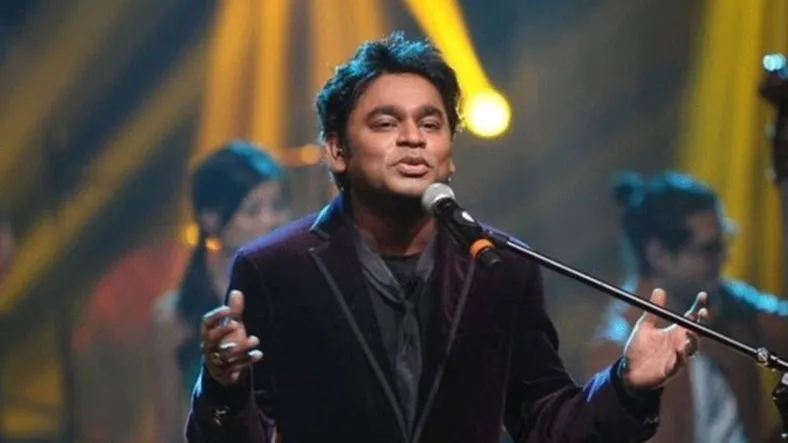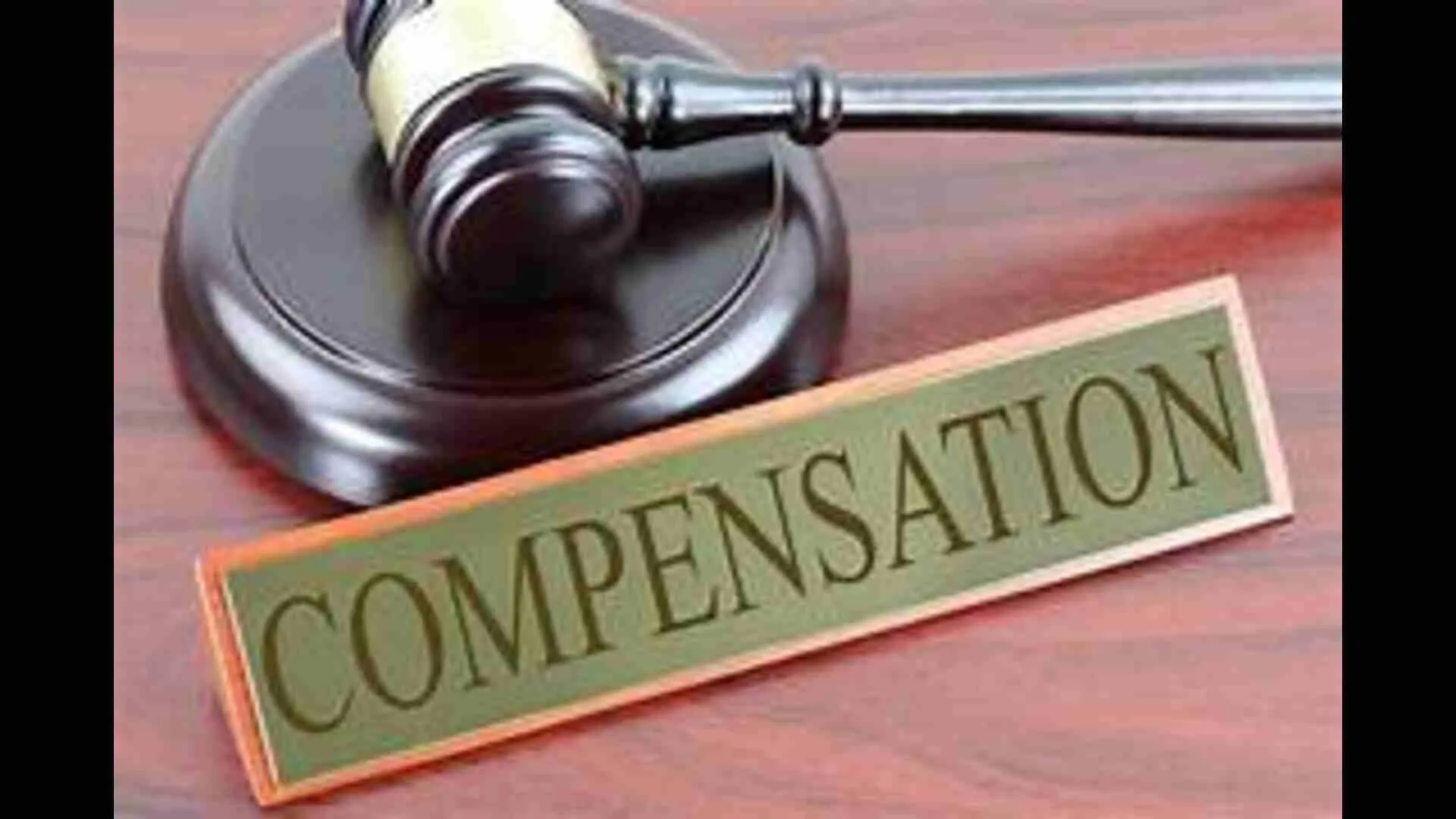On 9 April, 2020 when the Cabinet in Maharashtra made a recommendation to the Governor for nominating Uddhav Thackeray as a Member of the Legislative Council of the State of Maharashtra, it once again highlighted, an ever increasing Constitutional dispute of proper use of Governor’s discretion under the Constitution. Thackeray, who is currently CM of the coalition government, neither contested the Assembly election nor is member of any of the House.
He was sworn in as Chief Minister on 28.11.2019, therefore, under Article 164(4) of the Constitution in order to continue as the Chief Minister, he was required to become a Member of either of the House within a period of six months i.e. by 27.05.2020. The elections to the nine seats of the Legislative Council falling vacant were slotted to be held before 24th April, 2020.
However, due to Covid-19, the Election Commission (EC) postponed the said elections. Faced with such a situation, in order to secure the position of Thackeray, the Cabinet on 9 April recommended to the Governor to nominate Thackeray to the Legislative Council under Article 171 of the Constitution which empowers the Governor of the State to nominate 1/6th Members of the Legislative Council.
The Governor, apparently has no issues as to the qualification of Thackeray to be nominated, still sat over the recommendation of the Cabinet and did not nominate him. The move of the Governor created an impasse, likely to create a political crisis in the State. However, in a turn of events, Thackeray sought the intervention of the PM on the issue, which resulted in Governor asking the EC to hold elections of those 9 seats, which were deferred earlier.
EC announced the election on 04.05.2020 and Thackeray and 8 others were finally elected unopposed on 14.05.2020. This averted a possible political crisis in Maharashtra, however, it has again triggered the debate on the power and its exercise by the high Constitutional functionary, under the Constitution–firstly, as to whether the Governor is bound to act on aid and advice of the Council of Ministers, and whether it is open to the Governor to sit on an advice long enough to defeat the purpose and objective of such advice?
A reading of the Constitution shows that under Article 163, the Governor is required to exercise his function on the aid and advice of the Council of Ministers except in so far as he is required to act in his own discretion. The situations under which Governor can act in his own discretion has been the subject matter of a large number of judgements.
A 7-judge bench in Samsher Singh Vs State of Punjab in 1974 noted that the Governor can act in his own discretion only in cases where it is so prescribed, same cannot be readily read into provisions as it would violate the federal structure of the Constitution. Certain examples of such discretionary functions are: reporting to the President under Article 356 (1); reserving a bill for consideration of the President under Article 200(1).
It is suffice to note here that function of Governor to nominate a member is a function which is to be performed on the aid and advice of Council of ministers (ref Biman Chandra case by Calcutta High Court and V.V. Rao by AP High Court). Therefore, the Governor was bound by the advice tendered by the Council of Ministers to nominate Thackeray to the Legislative Council. This takes us to the second issue i.e. Is there any Constitutional principle requiring the Governor to act with promptness?
The provisions of the Constitution are silent on prescribing such a time frame and rightly so, because the Constitution acts as a guiding soul for working of its democratic institutions. The framers of the Constitution trusted the high constitutional functionaries to act with authority and impartiality.
In absence of any explicit guideline as to the manner of exercise of discretionary powers, the principles of Constitutional morality have often been invoked by the Constitutional courts. Which in the words of the apex court means filling the Constitutional silence to enhance and complete the spirit of the Constitution and expectation of behaviour that will meet not just the text but the soul of the Constitution.
It was held that Constitutional morality acts as a check on the lapses, colourable exercise and unbridled exercise of its power (ref: State of NCT of Delhi Vs Union of India). The issue of fixing a time frame for exercise of powers quite frequently debated in the context of decision making by Speakers under the 10th Schedule of the Constitution with respect to the dispute of defection of elected representatives (MPs/MLAs).
The principle of Constitutional values and democracy, which are facets of Constitutional morality, have been invoked by courts to prescribe a time limit for deciding cases under 10th Schedule by Speakers, though no such timeframe is prescribed by the Constitution. Recently, in Keisham Meghachndra, the apex court held that all such disputes should be decided within three months. In the present matter, the absence of promptness in the action of the Governor has definitely breached of principles of Constitutional morality, for the reason that though the behaviour will pass the text but not the soul of the Constitution, which would be defeated by such delay.
Though unlike the cases of Speakers, inaction of the Governor opens up another dilemma because Article 361 of the Constitution prohibits any action of the Governor to be questioned in any court. It is rightly said that many seemingly obvious disputes find no solution in courts and are left to the better discretion of the concerned person.
The hope is that in the future the principles of Constitutional morality would be the guiding factor and would be adhered to in the exercise of powers under the Constitution, as expected by our founding fathers. In the last speech to Constituent Assembly on 25.11.1949, Dr. Ambedkar expressed, “I feel, however good a Constitution may be, it is sure to turn out bad because those who are called to work it, happen to be a bad lot. However bad a Constitution may be, it may turn out to be good if those who are called to work it, happen to be a good lot.”
Advocate Amit Anand Tiwari practises in the Supreme Court of India.























